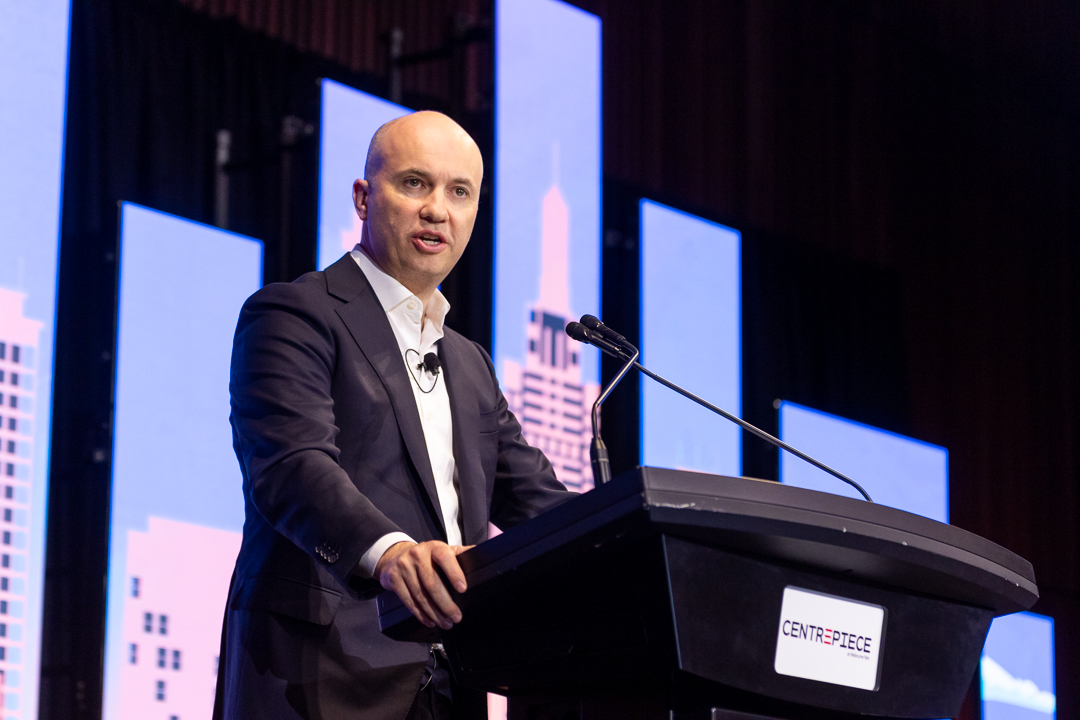The Carbon Market Institute has welcomed today’s announcement by Climate Change Minister Chris Bowen that there will soon be new and better ways to earn Australian carbon credits, as a reward for reducing or avoiding greenhouse gas emissions.
Speaking at the Carbon Market Institute’s Australasian Emissions Reduction Summit in Melbourne, Minister Bowen announced the government’s intention to expand the range of activities that can earn carbon credits for actions that abate carbon emissions.
On the advice of the independent advisory committee that oversees carbon credit integrity, the government will support the development of four new methods for earning carbon credits, the Minister said (see details below).
“Pleasingly, two of the proposed methods were suggested by Indigenous groups,” said Carbon Market Institute chief executive John Connor. “The other two methods, suggested by state governments, are also very welcome.”
Connor also welcomed Minister Bowen’s commitment to release an exposure draft of an Integrated Farm and Land Management method in the first half of next year.
“This method will result in the ACCU scheme providing greater incentives to farmers and other landowners in return for climate action,” Connor said.
In addition, Connor welcomed the Minister’s commitment to finalise upgrades of three existing ACCU method upgrades, with environmental plantings the priority for this year, and landfill gas capture and managed savanna burning identified for release by mid-next year.
The promised remake of the ACCU environmental plantings method is time-critical, as planting season opportunities for this year end in early December, Connor noted.
“These commitments by the government will help to strengthen public confidence in Australia’s carbon credit market, and will contribute greatly to the expansion of the ACCU market,” Connor said.
“An expanded ACCU market, in conjunction with the reformed Safeguard Mechanism, means that large emitters will be funding activities across the Australian economy that lower Australia’s greenhouse gas emissions,” Connor said.
The summit also heard from shadow climate change minister Ted O’Brien, who noted that the Chubb review had found the ACCU scheme was generally sound, and raised concerns that existing work on some aspects of the scheme was stalling.
“The shadow minister’s comments on the ACCU scheme reflected concerns of market participants, and today’s ministerial announcements in part addresses this,” Connor said.
“The ACCU scheme is working efficiently,” he said. “But we do need to see legislative changes to bolster its integrity finalised as soon as possible, in addition to operationalising new ACCU methods.”
However, Connor expressed concern at comments by the shadow minister raising uncertainties about the reformed Safeguard.
“It is important that all parts of the economy have confidence in the future of the Safeguard over the next few years,” Connor said.
This point was also made by Business Council of Australia chief executive Bran Black, who noted the positive impact of the Safeguard, and said that industry is looking for “certainty with respect to policy”.
“If the Safeguard were to be weakened, there is a risk that large emitters could end up free of appropriate decarbonisation investment signals Connor said.
“It would also massively disrupt the ACCU market, and could result in taxpayers once again find themselves having to bear almost all the cost of purchasing ACCUs earned through greenhouse gas abatement activities,” he said.



